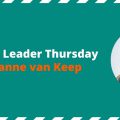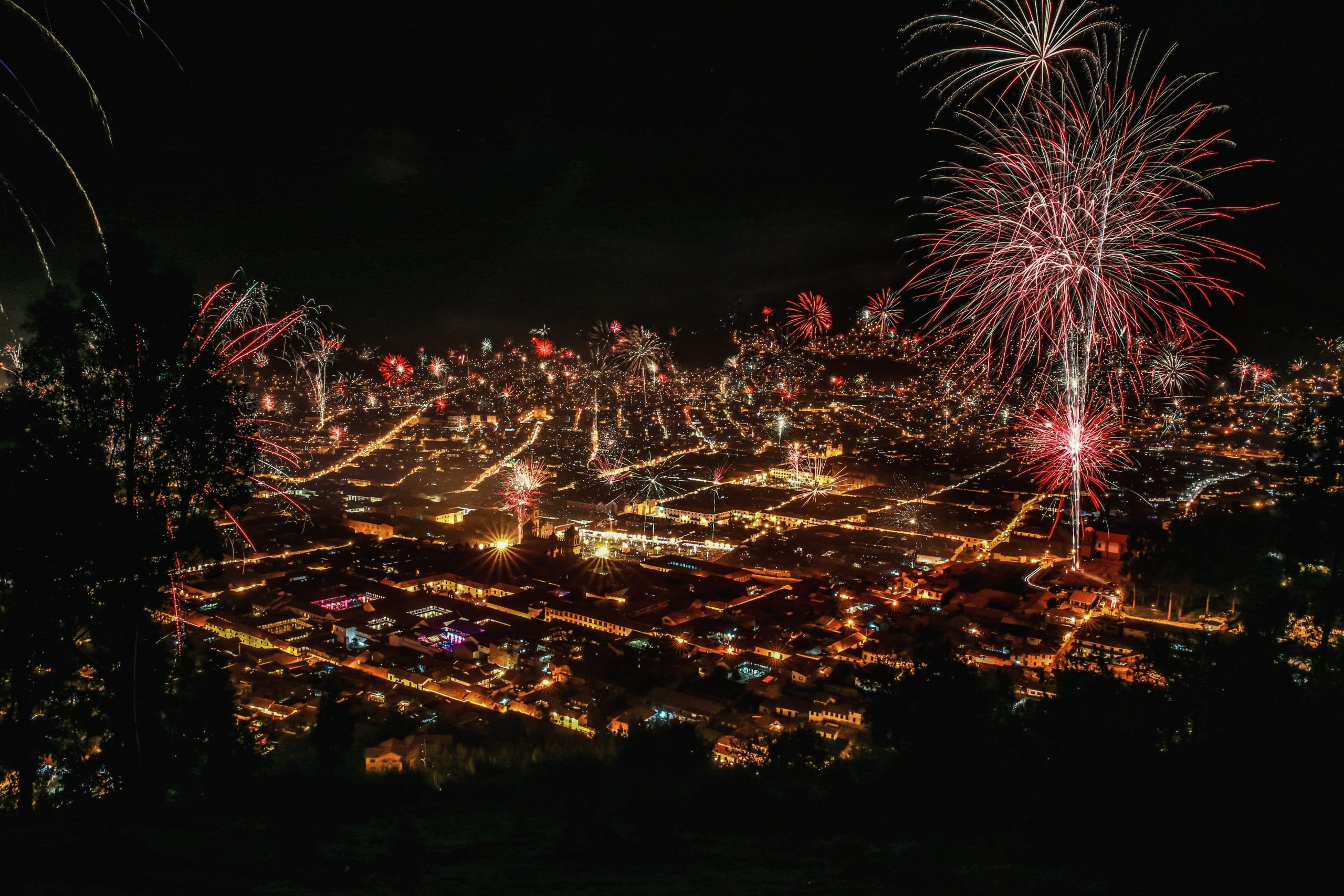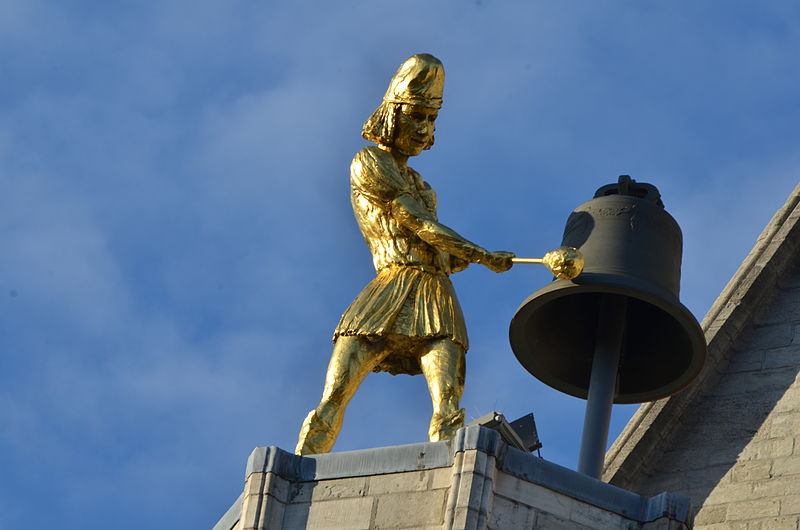The oliebol, a glass of champagne and the New Year's Eve conference have been joined by a new tradition: an annual and exciting social discussion about the sense and nonsense of fireworks and bonfires. What is striking is that the government is mainly keeping aloof from this discussion. Politicians prefer to leave the fireworks discussion to the people themselves. Sounds nice and it seems like an ideal and pragmatic solution; allow citizens to regulate unsafe and undesirable New Year's Eve traditions themselves. But does this experiment with citizen participation have a chance of success?
On December 29 of last year, commentator Sander van Walsum submitted De Volkskrant exposes the government's administrative inability. in the article Solve it yourself he writes that more and more sensitive themes are being pushed onto society's plate. Van Walsum argues that the government simply does not know what to do with topics such as the Black Pete discussion, climate objectives, but also the regulation of fireworks. That is why politicians dare to say less and less this is how we're going to do it and they increasingly shout implicitly solve it yourself.
The credo solve it yourself was also audible this New Year's Eve in Tilburg, Brabant. Residents could declare their neighborhood a voluntary fireworks zone on their own initiative. Decide with each other whether there should be explosions in the area or not. Perhaps a good idea on paper, but reality proves more difficult. On New Year's Eve there were already plenty of explosions in the fireworks-free zones. "The trial with the fireworks-free zones in Tilburg actually means little," it concludes Brabants Dagblad after a tour of the designated locations. The failure of the voluntary zones was already announced in November by chairman of the police union Gerrit van de Kamp. "Without an enforcement plan you are doing window dressing," he said Domestic Administration.
Is it strange that the self-imposed fireworks-free zones in Tilburg did not succeed? Does our government's self-regulation mentality lead to a solution to the New Year's Eve nuisance? No, if the government does not dare to have a vision and does not dare to say it this is how we're going to do it the New Year's Eve celebration will continue to be dominated by nuisance and damages amounting to twenty million euros. According to professor of public philosophy Marli Huijer, the 'rite of indulgence' around New Year's Eve meets the essential need to go out of style every now and then (De Volkskrant, January 4). Can we ask people to arrange for things to slow down a bit from now on? Or expect us, as a thwarted neighborhood watch, to check on each other whether we are not going too far? It mainly seems like a vain hope. Huijer refers to the bonfires that got out of hand in Scheveningen and Duindorp. "The incident shows how difficult it is to find a good balance between safety and people's need to celebrate exuberantly," says Huijer.
Also when reading about the new work of the American philosopher Francis Fukuyama in the Green Amsterdammer, it becomes clear that it is an illusion to think that local residents will organize a safe New Year's Eve themselves. In short, Fukuyama states in his recently published book Identity: The Demand for Dignity and the Politics of Resentment that man is driven by gaining recognition of the identity he ascribes to himself. In the struggle for that recognition, we are prepared to compromise matters such as safety and justice. In other words; As long as the people of Duindorp and Scheveningen feel that the bonfires fit in with the identity of the Hague coast, the motto is solve it yourself but it fell on deaf ears. Unsafe shower of sparks or not. We have to wait for a politician to tell us how we should do it. Who dares?






